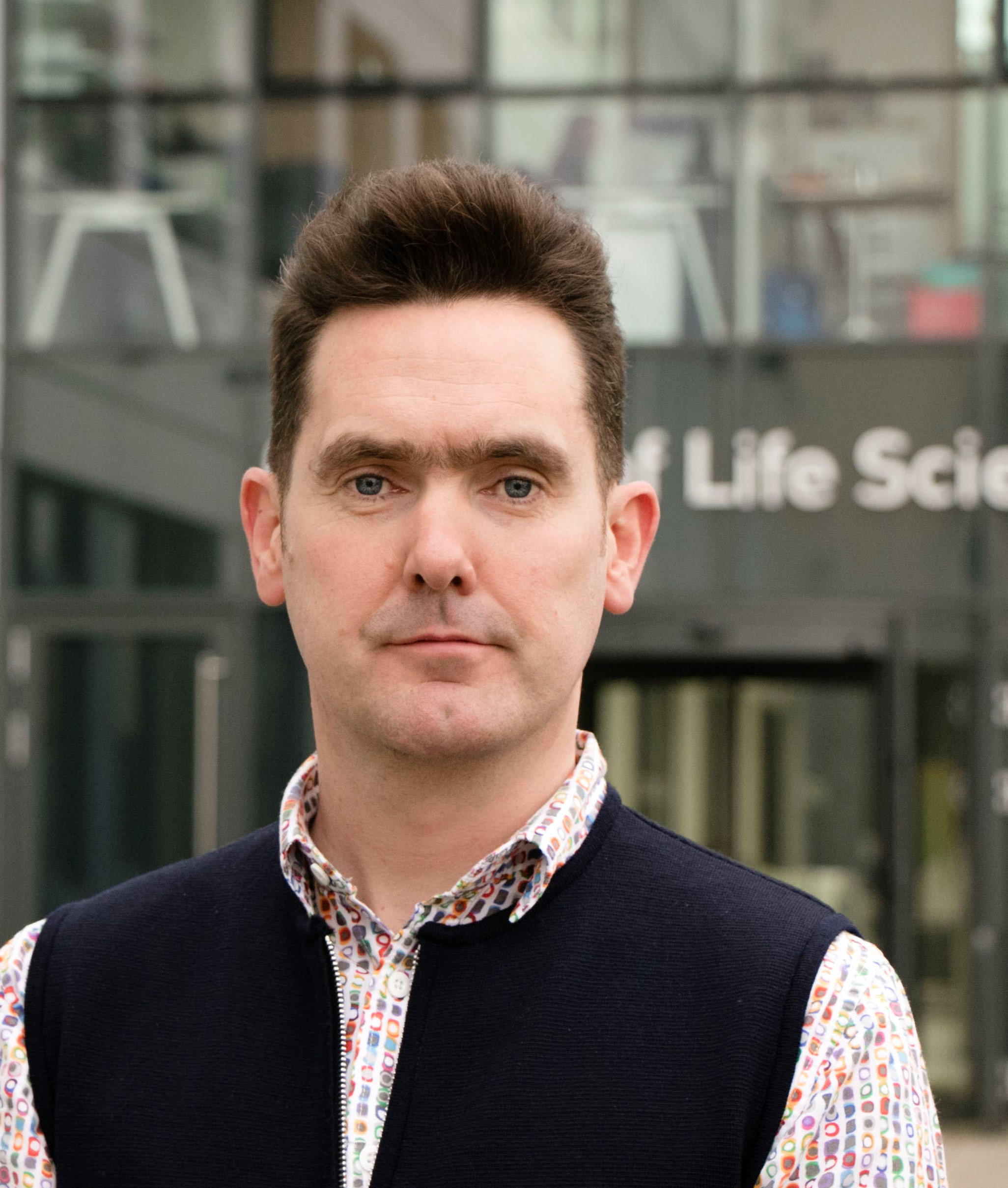
Congratulations to John Rouse, who has been elected to the Royal Society of Edinburgh, Scotland's National Academy. The Royal Society of Edinburgh each year elects a select number of Fellows who have achieved 'excellence within a wide variety of disciplines, spanning the arts, business, science and technology sectors'. Being elected to the Royal Society of Edinburgh is a very prestigious and a major achievement, illustrating that your research is highly recognised and regarded.
John has been a PI in the Medical Research Council Protein Phosphorylation and Ubiquitylation Unit (MRC PPU) since 2002, and has made an important contribution to our understanding of the molecular mechanisms that allow cells to detect and repair damage to DNA. He has discovered several important factors in our cells that are required for DNA repair and that are vital for preventing human disease such as cancer, kidney disease and Fanconi anaemia. One of John’s biggest achievements was the discovery in 2010 of Fan1, a 'molecular scissors' that cuts off loose DNA ends that occur during DNA repair, in a way that allows DNA repair to go to completion. John recently published papers in the world-leading journals Science, and Genes and Development, revealing that failure of Fan1 to cut these loose DNA ends results in chromosomes becoming unstable, and the result is cancer and chronic kidney diseases. John’s discovery of the SLX4 “molecular toolkit” that also cuts loose DNA ends and removes chromosome tangles ('Holliday junctions') during DNA repair has also gained much international attention, and his discovery of the DVC1 protein that keeps the rate of DNA low is are also regarded as a landmark finding. These finding also pave the way for the development of new anti-cancer therapies.
Commenting on the award, John said “I’m delighted to become a Fellow of the Royal Society of Edinburgh. This honour reflects the tremendous efforts of the talented researchers from all over the world I’ve been lucky to have on my research team over the years. I’m looking forward to continuing to help keep Scottish science at the very forefront on the world stage, and to helping the Society with its mission to promote the public understanding of science”.
Dario Alessi, Director of the MRC Unit added "I am delighted that John’s research has reached the level to merit Fellowship of the Royal Society of Edinburgh. The work that John is undertaking on understanding the molecular mechanisms underlying how DNA damage is detected and repaired is amazingly important and is providing fundamentally new understanding of biology. John's research has great potential to help better understand diseases such as cancer and neurodegeneration and is suggesting innovative ideas to better treat these conditions in the future".

